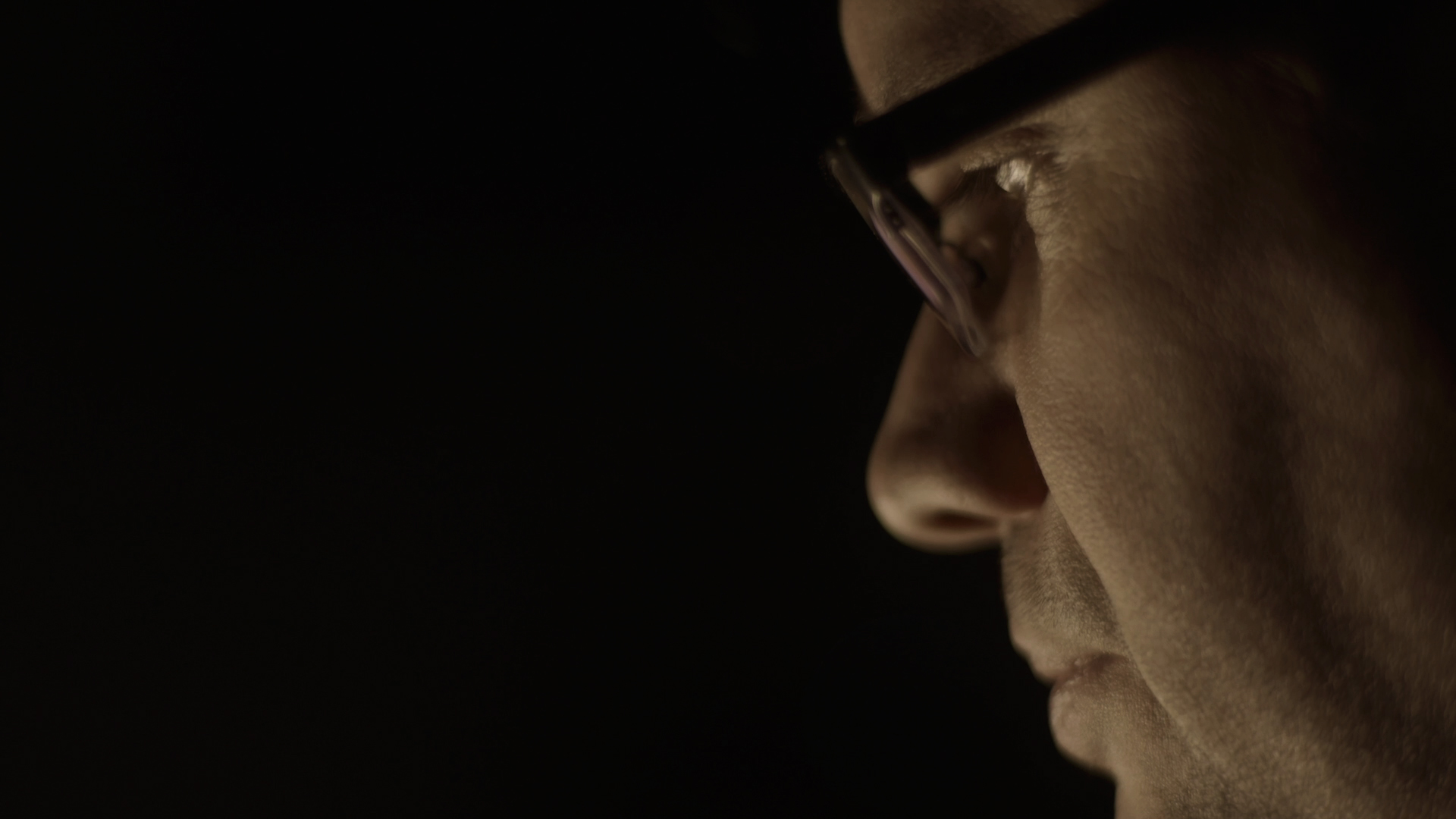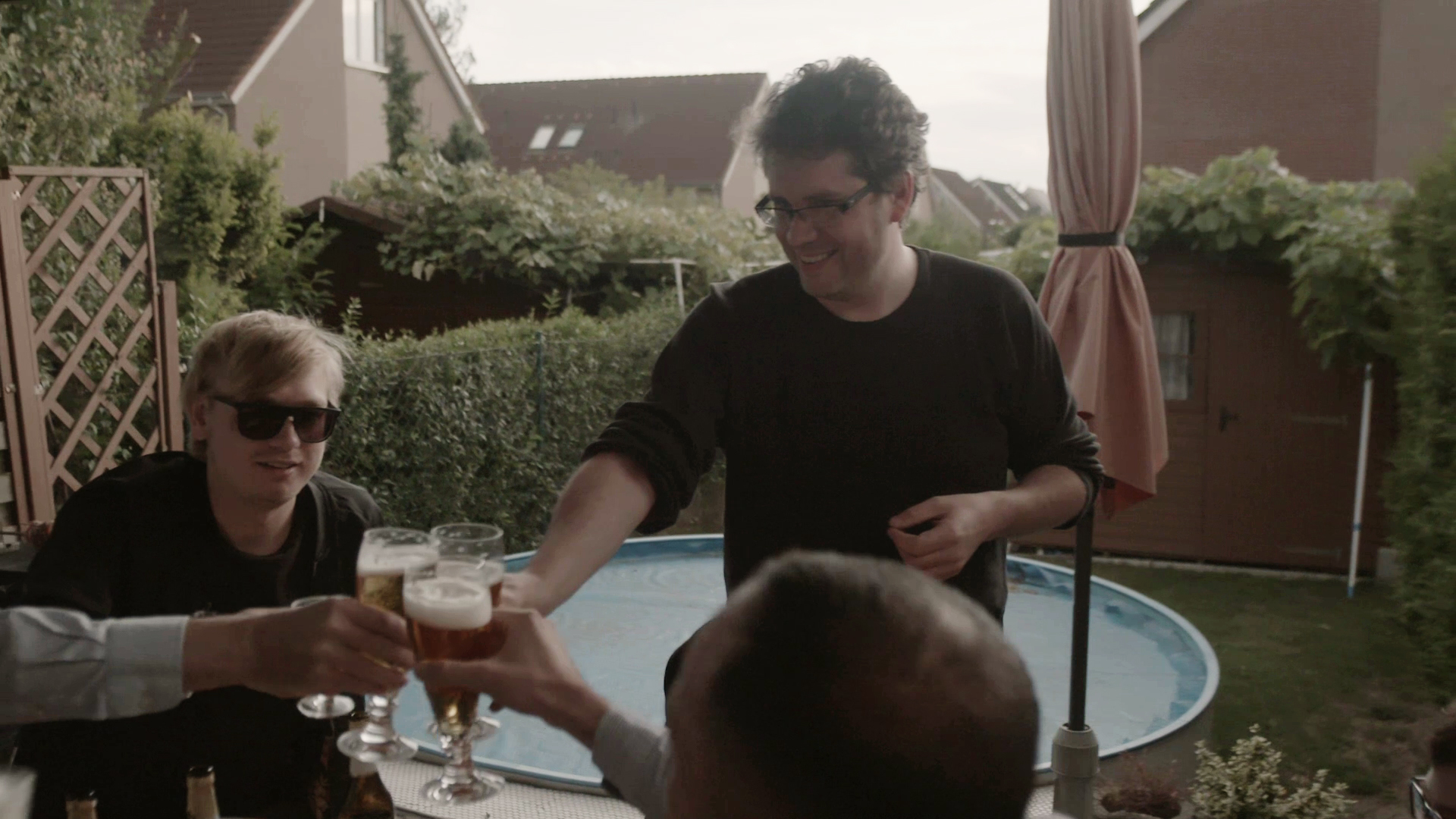The Detectives of the Post-Truth World – Bellingcat // Verzió X Utca&Karrier

The new generation of investigative journalists is the focus of Hans Pool’s documentary, Bellingcat: Truth in a Post-Truth World.
In recent years, those of us trying to be conscious media consumers have had to apply a healthy dose of criticism to everything we read on the internet. This has contributed to a dwindling trust in the media. If the media does not hold up its end of the social bargain, people won’t be informed about relevant issues, won’t have access to a variety of viewpoints and will ultimately base their arguments on false information. During the Ukrainian conflict, Vladislav Surkov, one of Putin’s close consultants, called this tactic “nonlinear war”—the goal of which is to overwhelm people with false information and thereby create an atmosphere of widespread uncertainty.

Photo: Elliot Higgins, the founder of Bellingcat.
In 2012, Elliot Higgins, an off-the-rack blogger at the time, proved that the Syrian regime was responsible for the airstrikes causing the death of dozens of civilians. Higgins collected several videos that had been uploaded to social media, and used Google Earth to find out where and when they had been made. He then analyzed recordings from after the airstrikes to prove that the Syrian regime had been using cluster munitions and chemical weapons against civilians. Thus started Bellingcat.
But the real breakthrough for Bellingcat came during the Ukrainian conflict when they uncovered who was responsible for the MH17 plane crash. While the Russian Ministry of Defense provided a host of fake narratives to convince people that the Russian government wasn’t involved, the reporters and international partners of Bellingcat, in cooperation with the online community who provided dash cam videos, public surveillance recordings and satellite images, managed to track the movements of the Buk missile that killed 298 people.
Roughly one year after Trump’s election, white supremacists organized a torch-lit rally in Charlottesville, one of the most liberal cities in Virginia. They marched through the streets chanting Nazi slogans. Protesters and anti-protesters clashed on several occasions, which was well illustrated by a viral photo of several white men beating an African-American youth. Activists asked Bellingcat to assist with the investigation of the hate crime, and Bellingcat found the perpetrators with the help of different pages and posts on social media. The collected evidence was forwarded to the activists in order for them to take legal actions against the perpetrators.

Photo: Bellingcat
In essence, Bellingcat is a new attitude towards journalism. They publish their materials and methods on a regular basis, and almost exclusively use services which are publicly available; anyone can join their community and help. Most of the Bellingcat editors are not trained journalists, they are more like researchers willing to dive to the scary depths of the internet to follow a clue. Bellingcat is the blueprint of public, open-source investigative journalism. Their methods are becoming a must-have for every investigative journalist, and they have been recognized by the investigators at the UN and the International Criminal Court.
The internet is being swallowed up by all-encompassing information pollution that makes the online space even more dense and incomprehensible. Bellingcat, however, reminds us that with the right attitude and perseverance, the magnetic poles of the internet can change direction; constant interconnectedness, increasing amounts of personal data, careless sharing on social media, unauthorized backdoors, surveilled living spaces and all the other liabilities of modern technology can be used to uncover truths hidden by regimes with blood on their hands.
Márk Tremmel
This article was published in a special edition by Verzió and Utca&Karrier in October 2019.